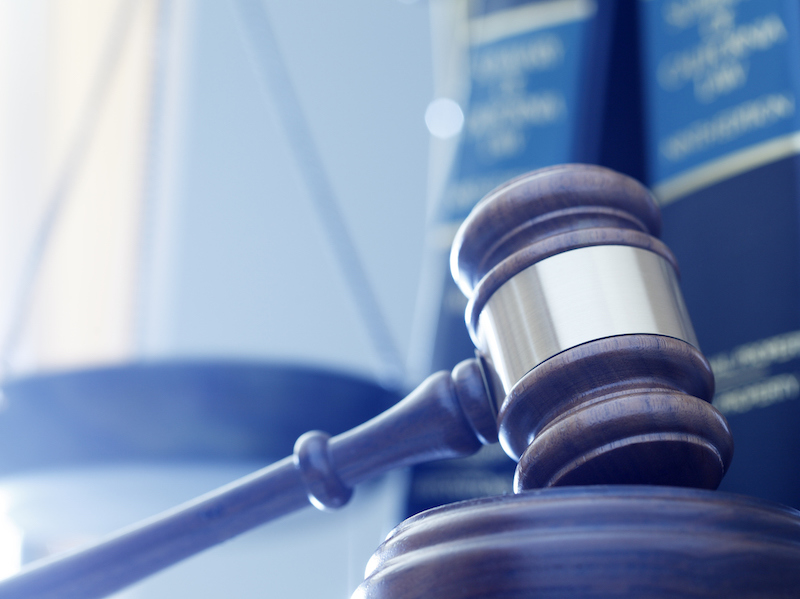
The Tax Court of Canada (TCC) is trying to pull itself out of a backlog of cases following the Covid-19 lockdown by digitizing documents for written court procedures and fast-tracking settlement hearings, among other measures.
“The court is absolutely adamant about wanting to clear this backlog,” says Stevan Novoselac, partner and Canadian tax dispute resolution team leader with Gowling WLG (Canada) LLP in Toronto. “Or, as Chief Justice Rossiter put it: ‘to get back to business.’”
The TCC, like much of the country, went into lockdown in mid-March. The court was not deemed an essential service and was not equipped to either work remotely or enforce social-distancing measures. As a result, the TCC cancelled approximately 1,000 hearings and lost about 200 sitting weeks.
The TCC reopened in July, but it faces many hurdles before it can be fully operational. Measures to clear out the backlog include allowing motions and procedural issues to be handled in writing or during conference calls; opening court rooms in major cities only; digitizing files; and ordering scheduled hearings to take precedence over planned vacations by court staff, justices and legal representatives.
The TCC also created a fast-track settlement program for “general procedure” appeals. Typically, all appeals are heard as a general procedure unless an appellant qualifies for or requests an informal procedure, which is available for cases in which the disputed taxes and penalties do not exceed $25,000 or the disputed loss is no more than $50,000.
The new program, part of a wider trend developing in the court, encourages parties to settle cases before they reach trial.
“Before, the court saw itself as more of an umpire who left it up to the parties to try to settle cases or get them to court. And over the past several years, I think the court’s focused increasingly on moving matters along expeditiously,” says Novoselac. “I think the current steps that are being taken should be viewed in that broader perspective.”
To apply for the fast-track settlement procedure, the involved parties must file a joint written request with the TCC that meets several criteria. For example, the request must be no longer than 12 pages and outline the amount at issue, the disputed facts, key issues to be discussed during the settlement conference, any settlement offers made to date, the appeal’s current stage of discovery and the parties’ preferred venue for a settlement conference.
One advantage of a fast-track settlement is that parties whose hearings were cancelled during the lockdown can apply for a settlement conference and maintain their place in the hearing queue — even if they decide against the suggested settlement.
“[The fast-track settlement process] is a little different, but it is parallel to what existed before,” says Pooja Mihailovich, partner, taxation, with Toronto-based Osler Hoskin and Harcourt LLP. “[The TCC just] reduced the number of hoops you have to get through to get there.”
One hurdle to having a fast-track settlement conference is that both parties must agree to it; for a regular settlement conference, only one party need apply.
“The issue with the fast-track settlement is that it takes two hands to clap,” says Jehad Haymour, tax litigation partner with Bennett Jones LLP in Calgary.
Participants in TCC proceedings may need to hold their applause if they believe these moves signal a fully digital future. For hearings in which witnesses are required, proceedings must occur in court — something some lawyers agree with.
“If you do it remotely, you sterilize the process a little bit and perhaps take away from [the trial’s] effectiveness,” says Haymour. Part of telling a story in court is reacting to body language from the judge, the witnesses and the other side, he says. “These are nuances you get in the in-person hearing that you won’t necessarily get in a remote hearing.”
As well, 60% of appeals heard by the TCC involve appellants who represent themselves (or are represented by an agent other than a lawyer, in the case of an informal procedure). These appellants may not have easy access to the internet or feel comfortable in a virtual hearing. There also is something to be said for people having “their day in court,” argues Haymour.
Still, the move toward digitization and the continued encouragement for parties to reach settlements are part of the TCC’s modernization — and its preparation for future pandemics.
“I don’t think it can ever really be business as usual [again],” says Mihailovich.